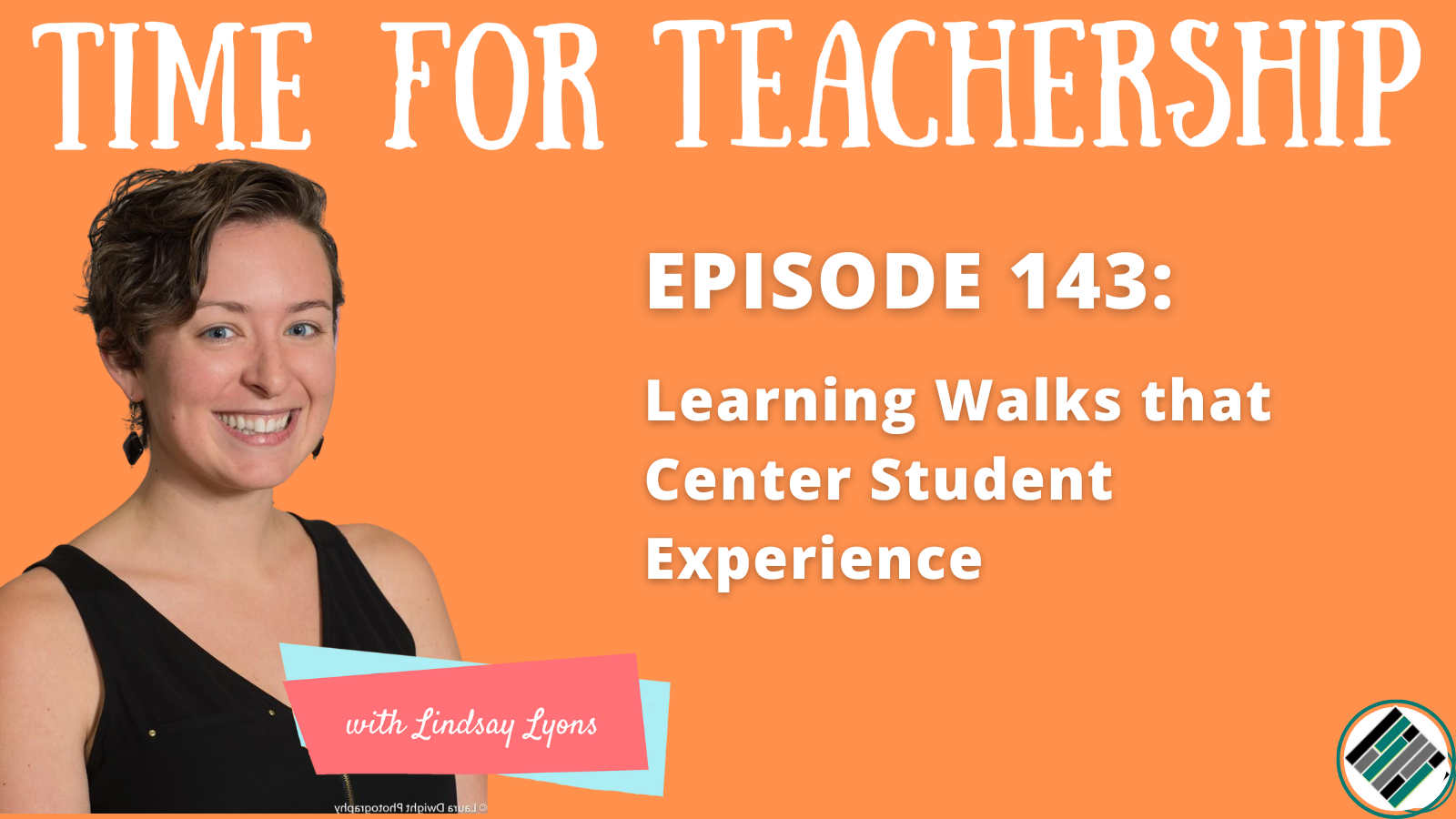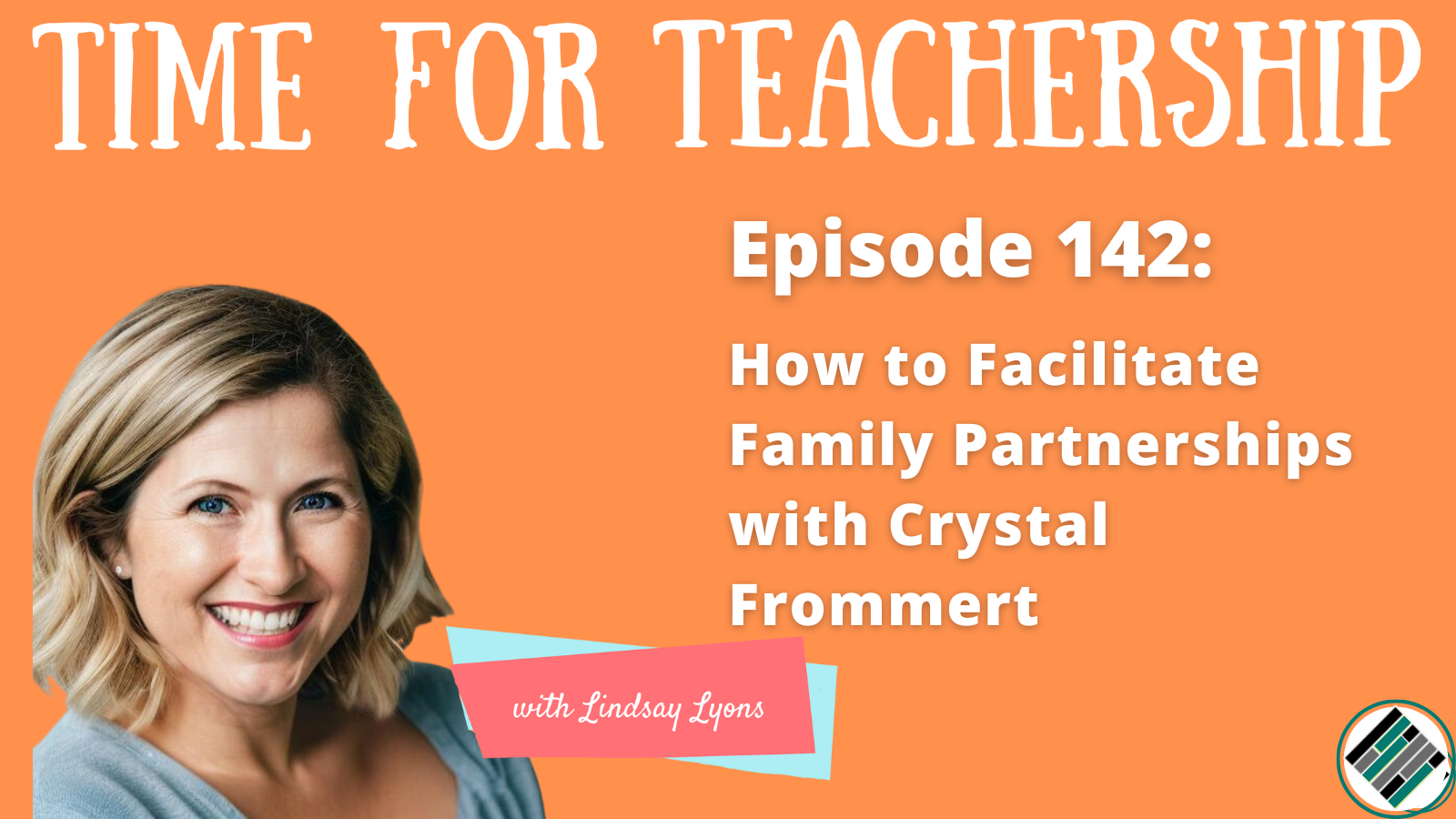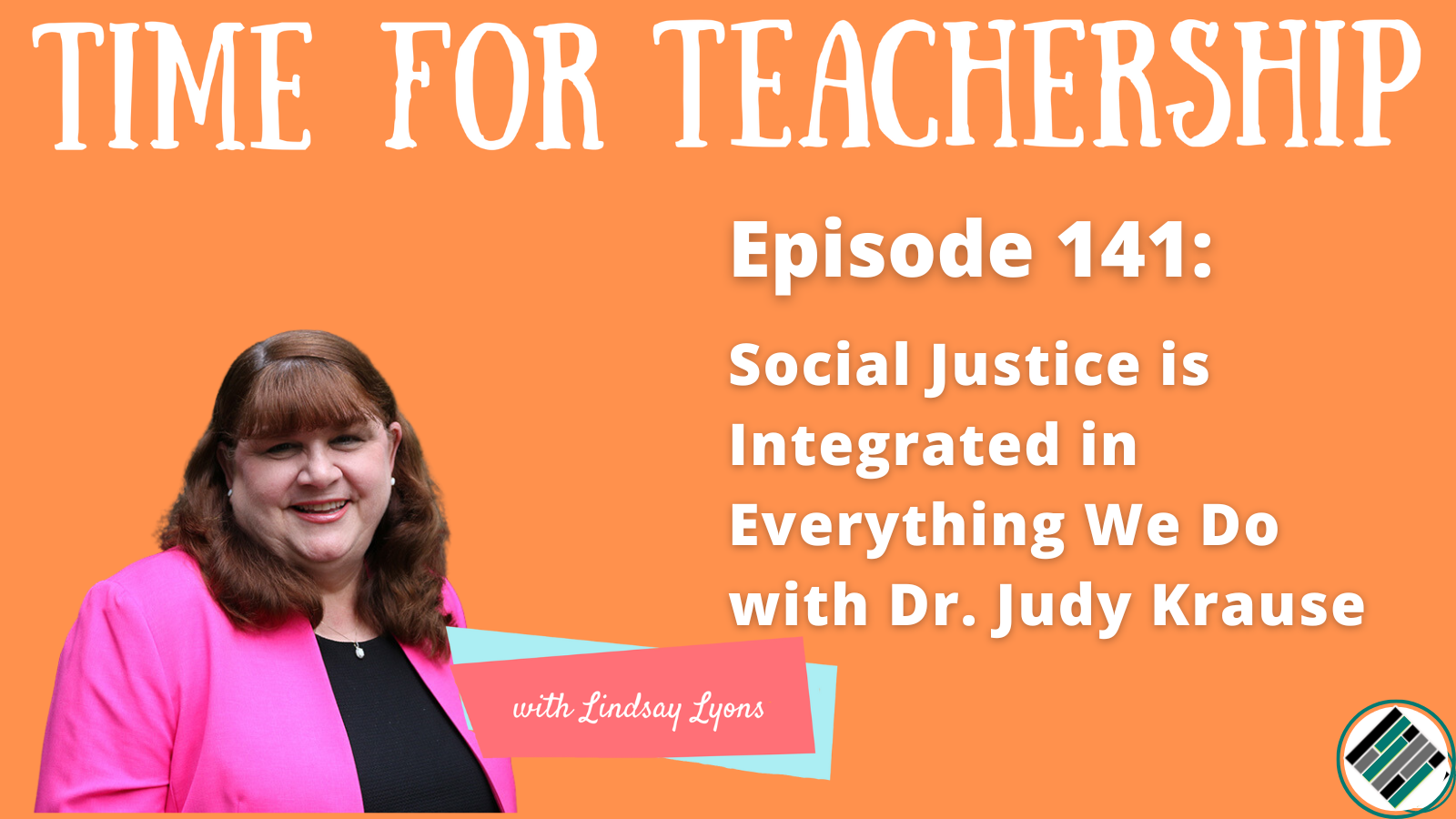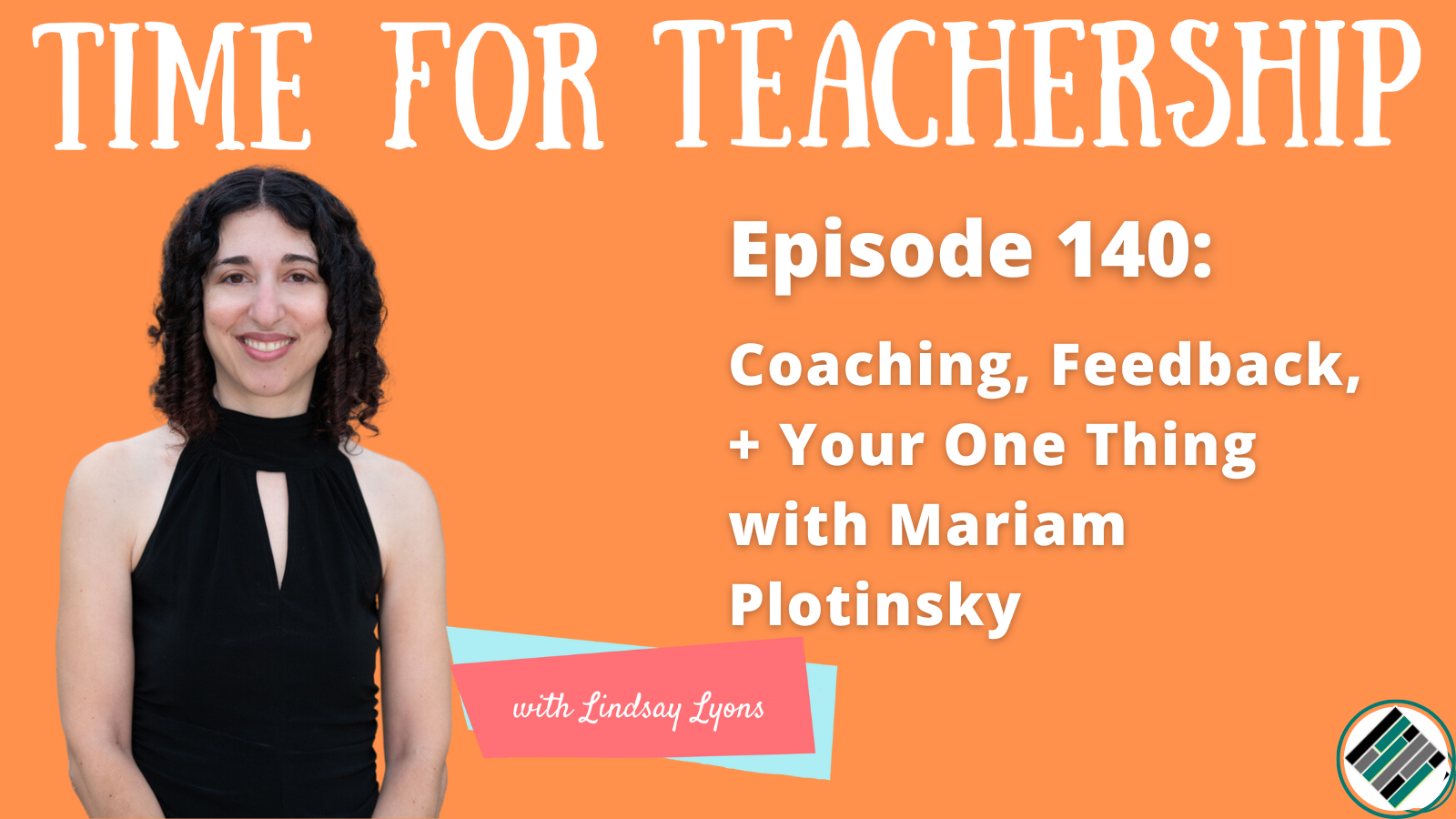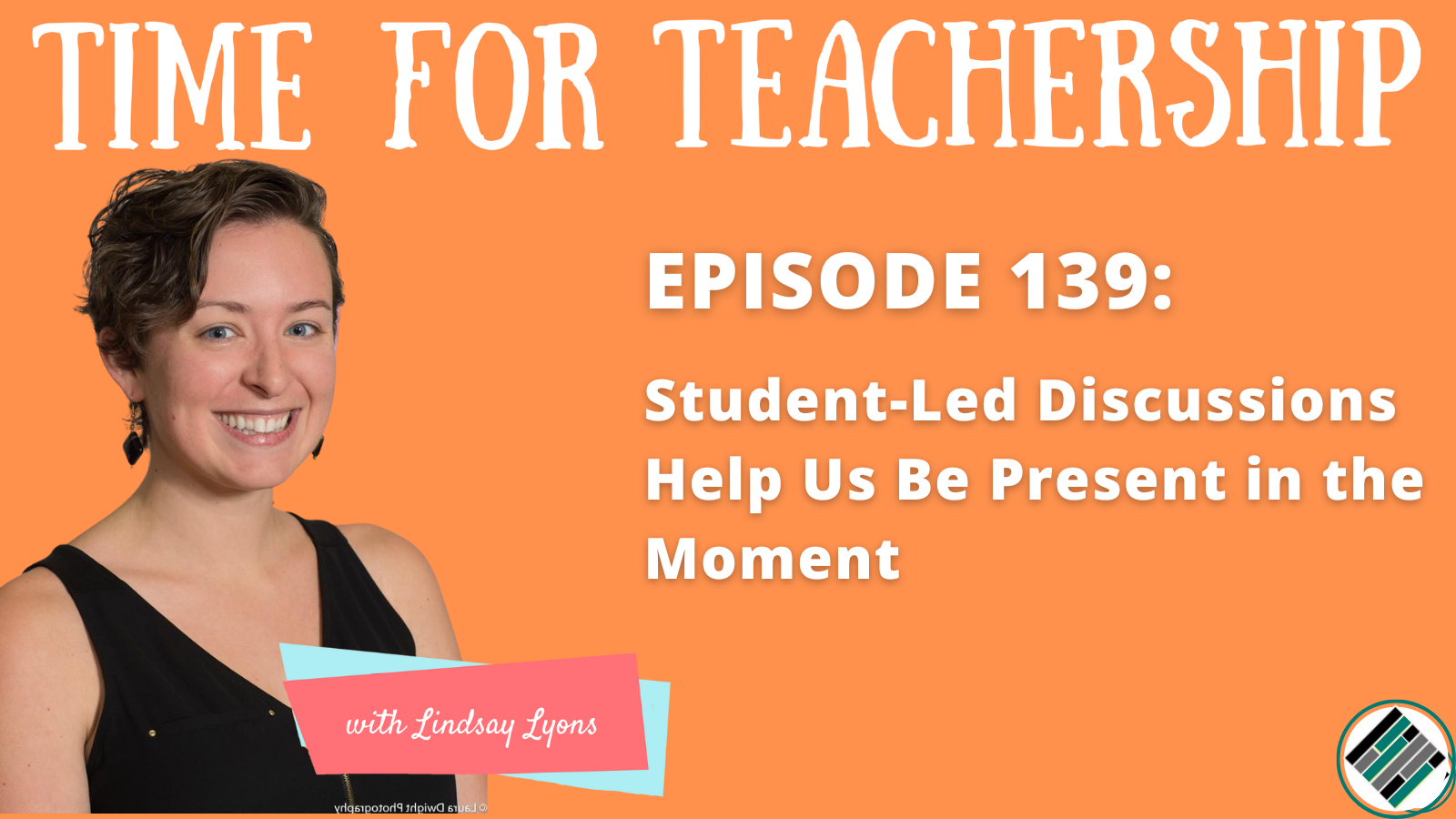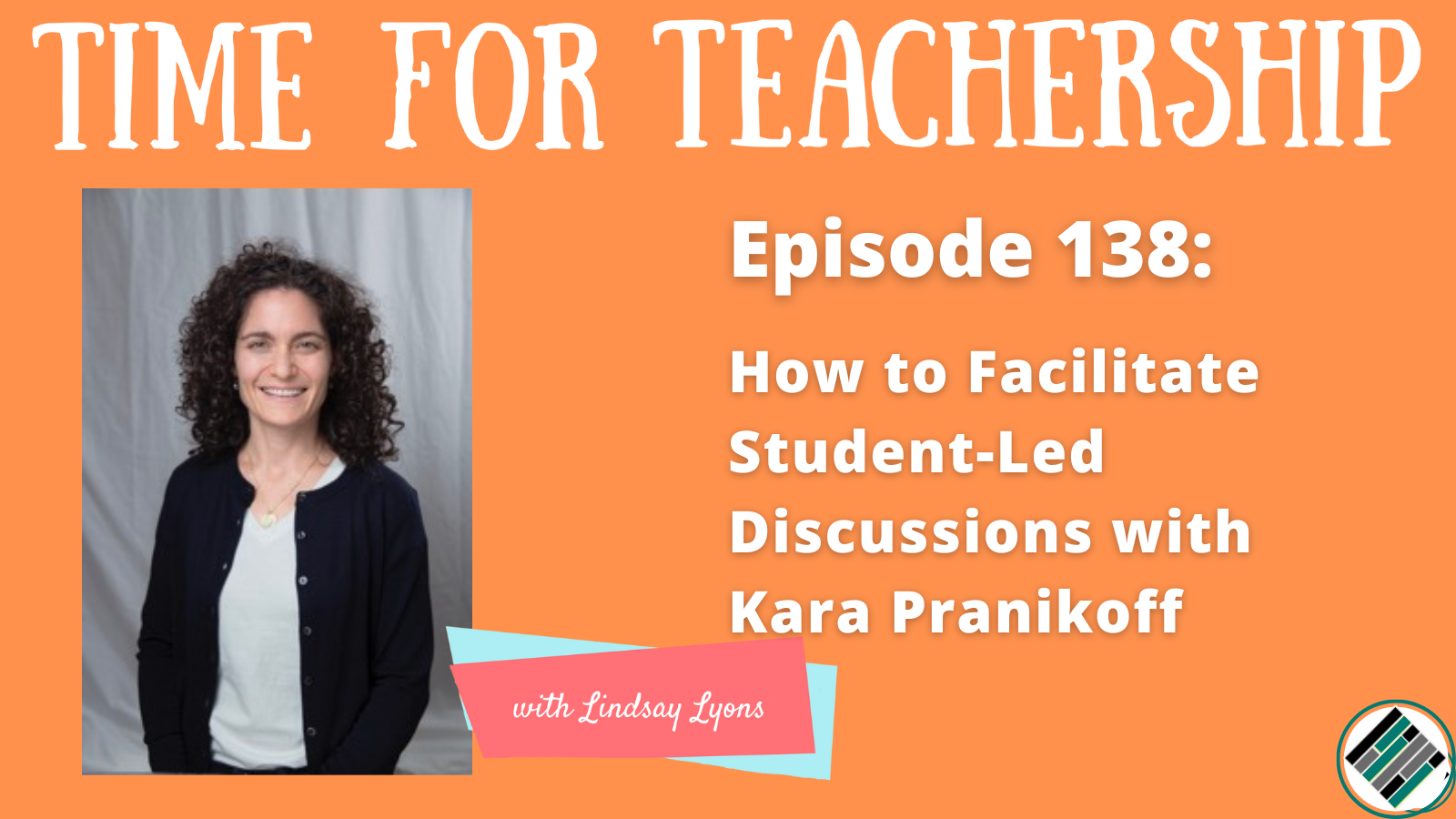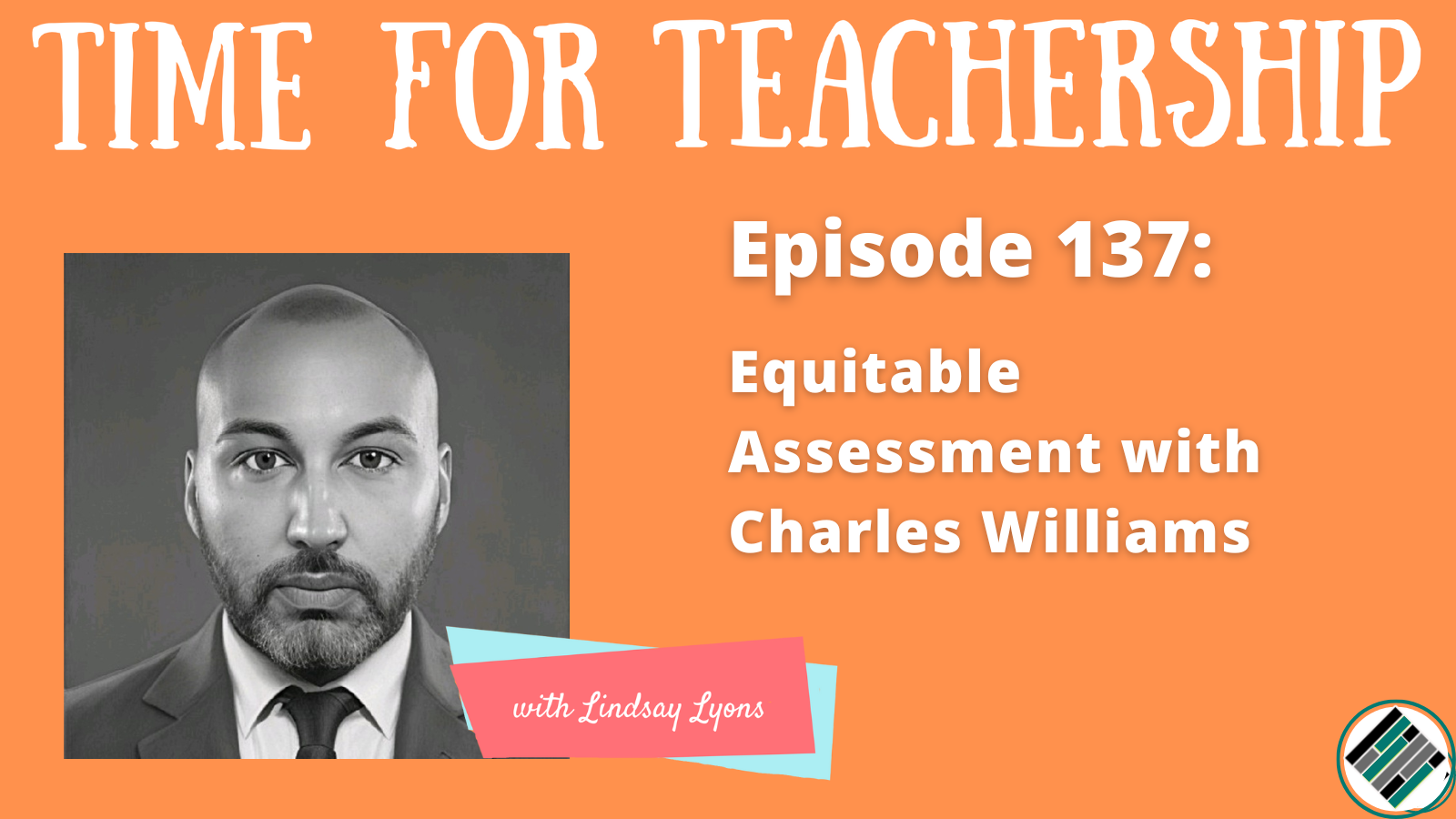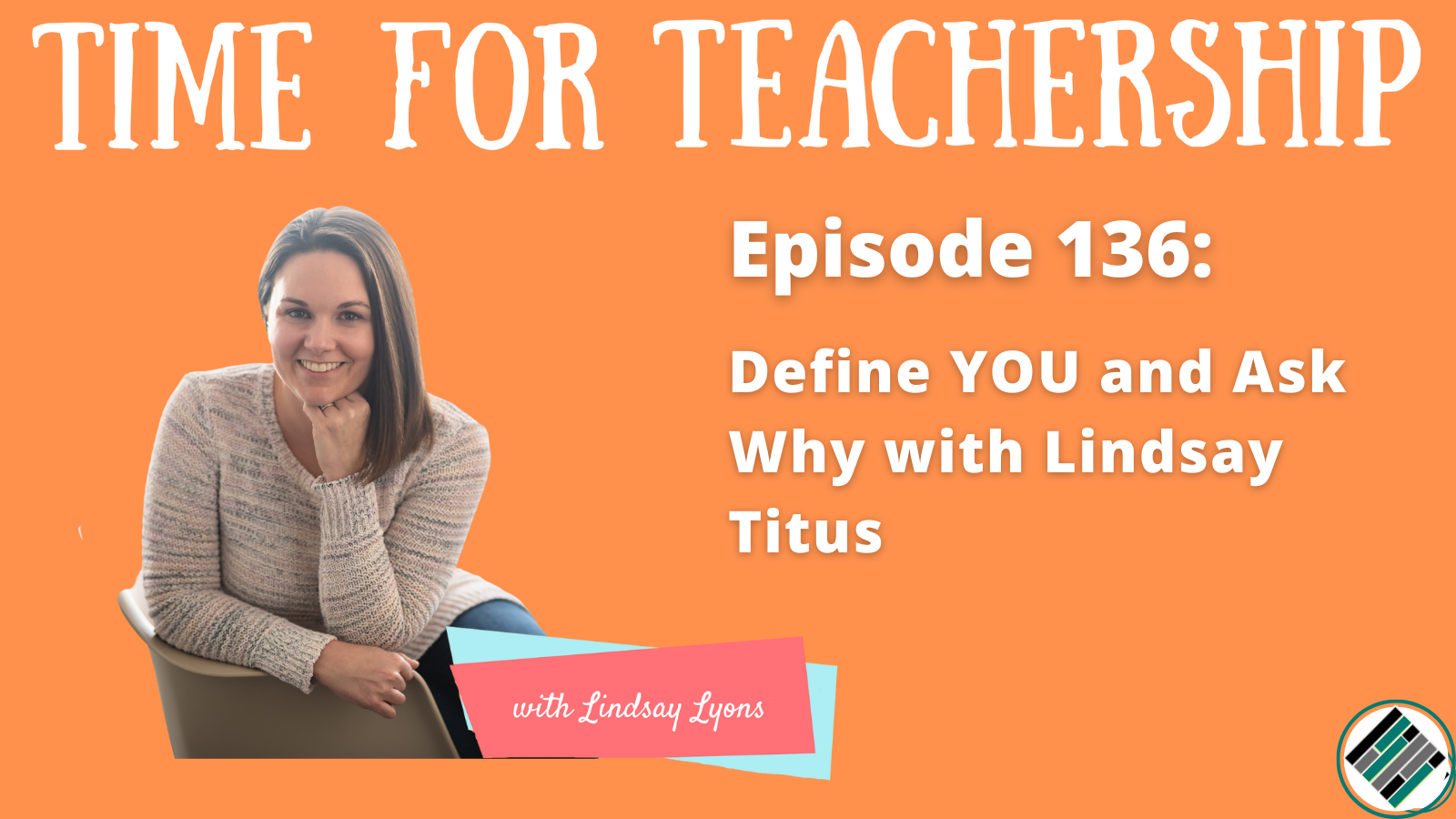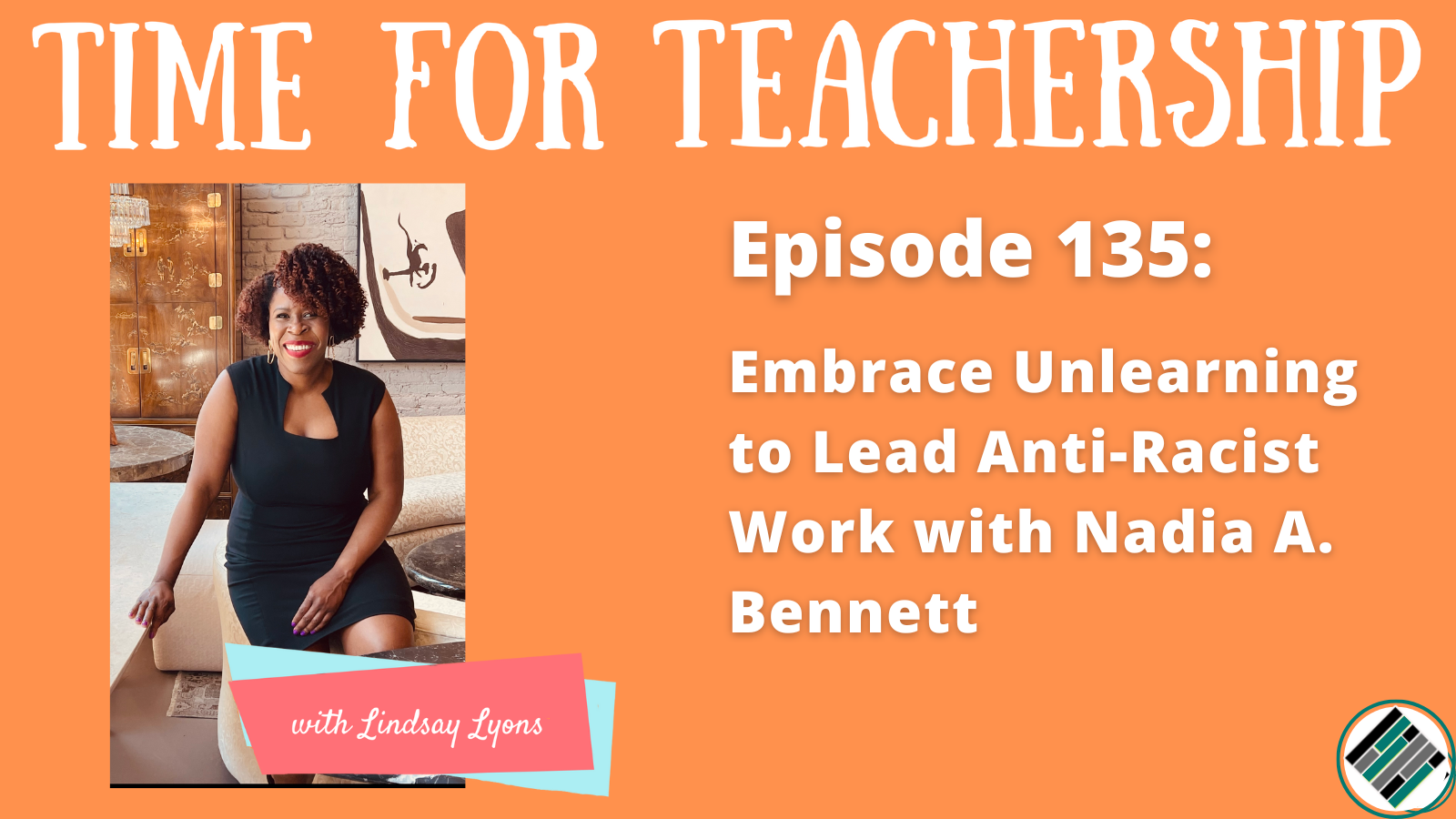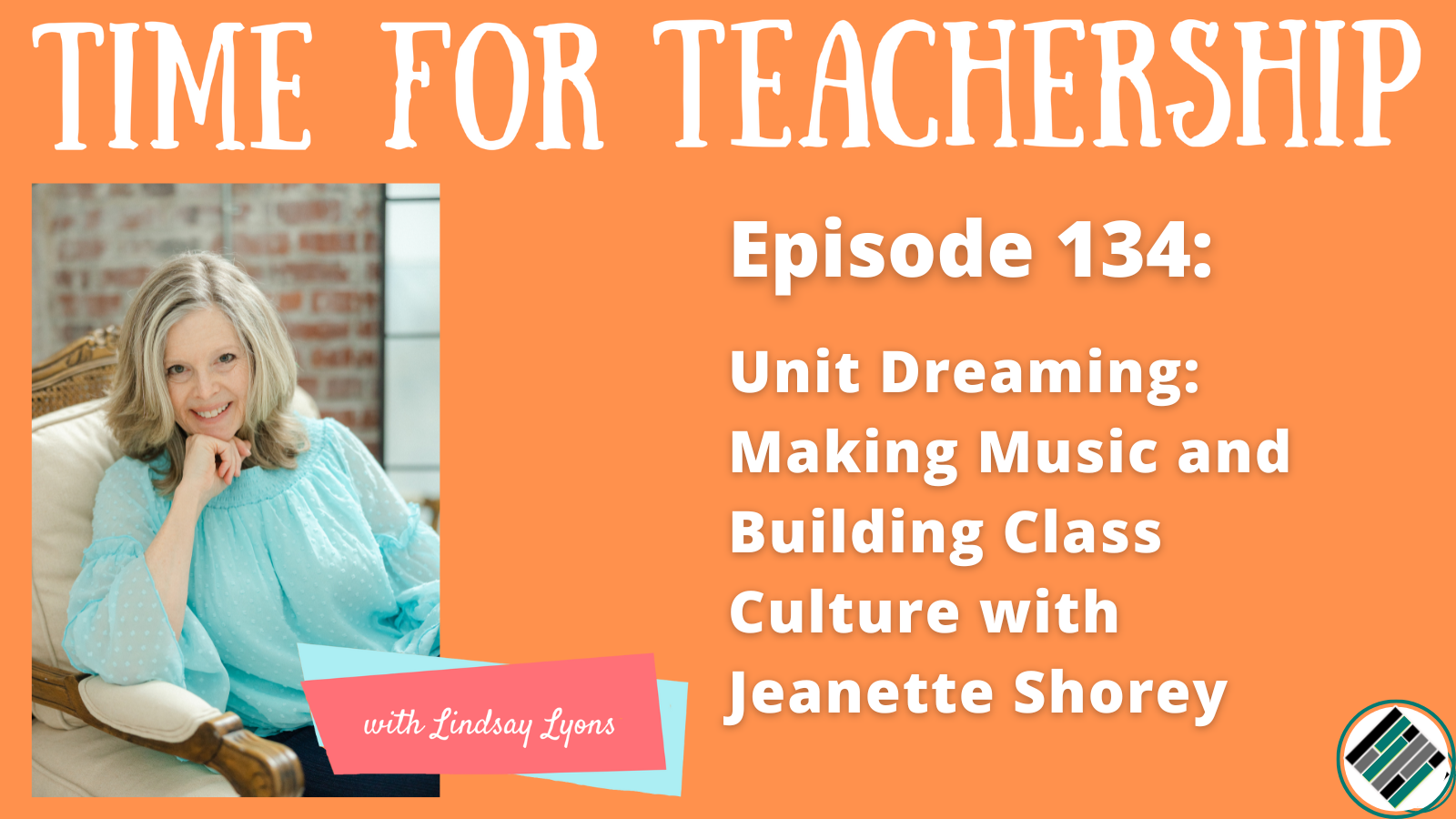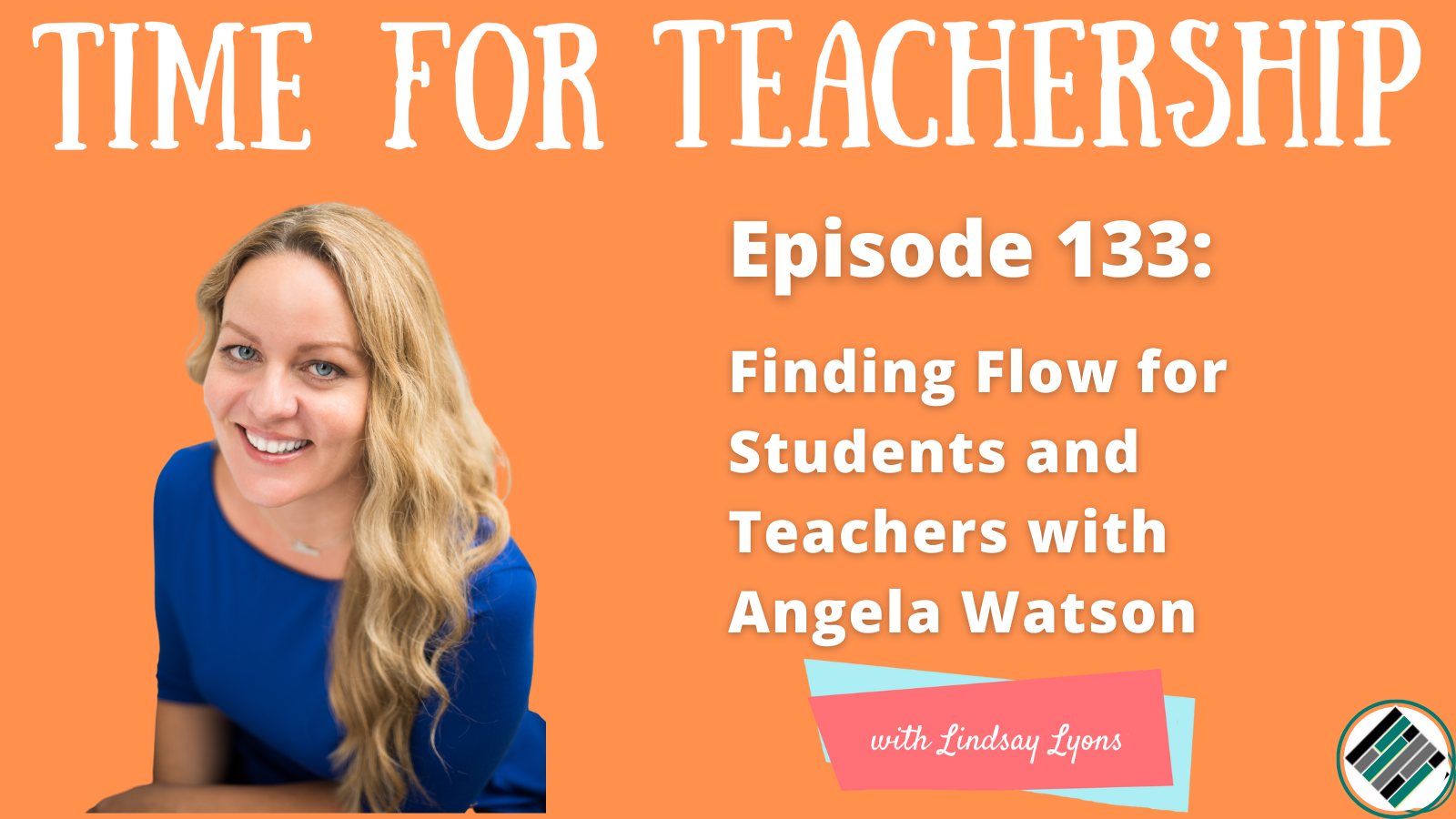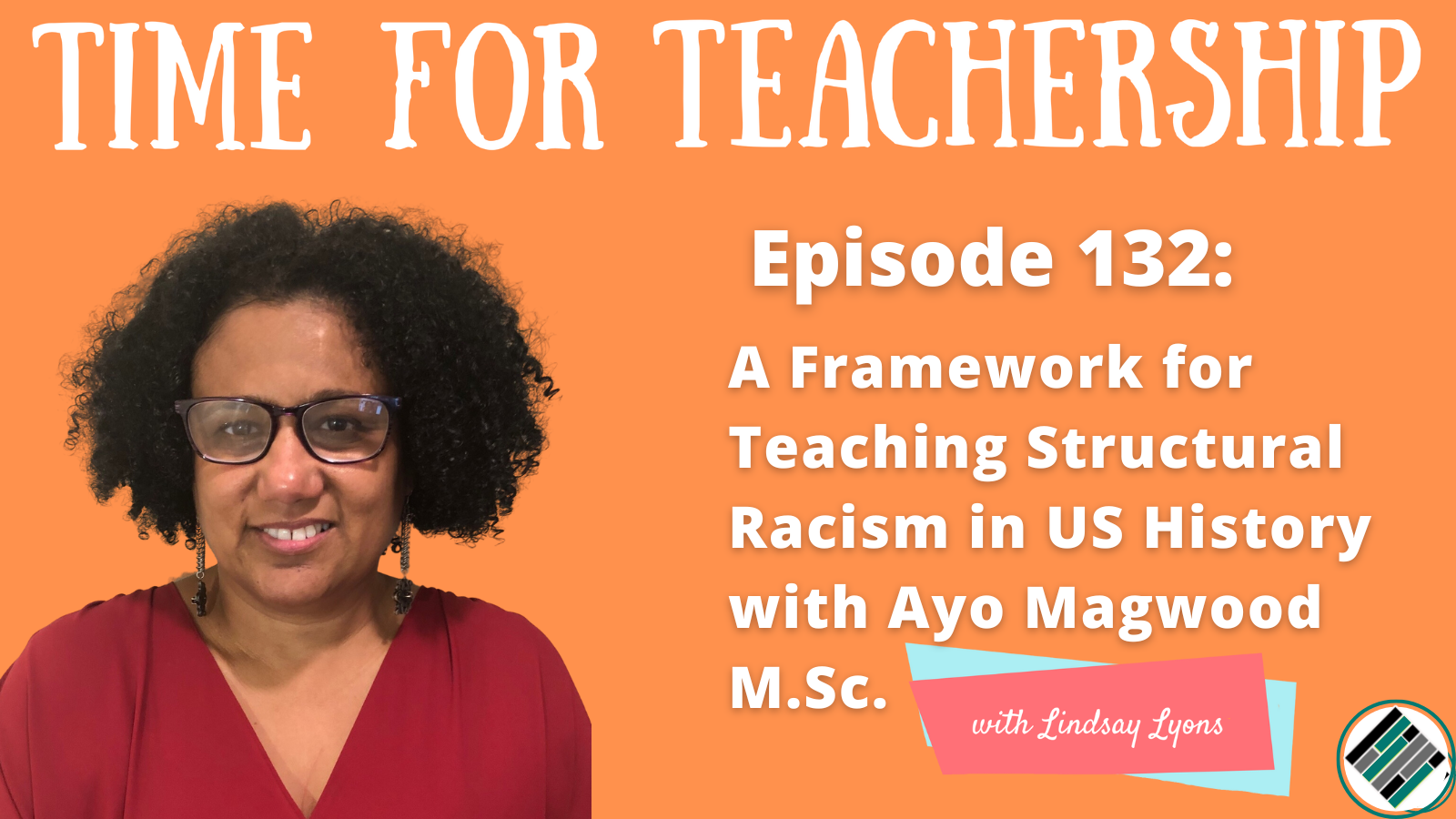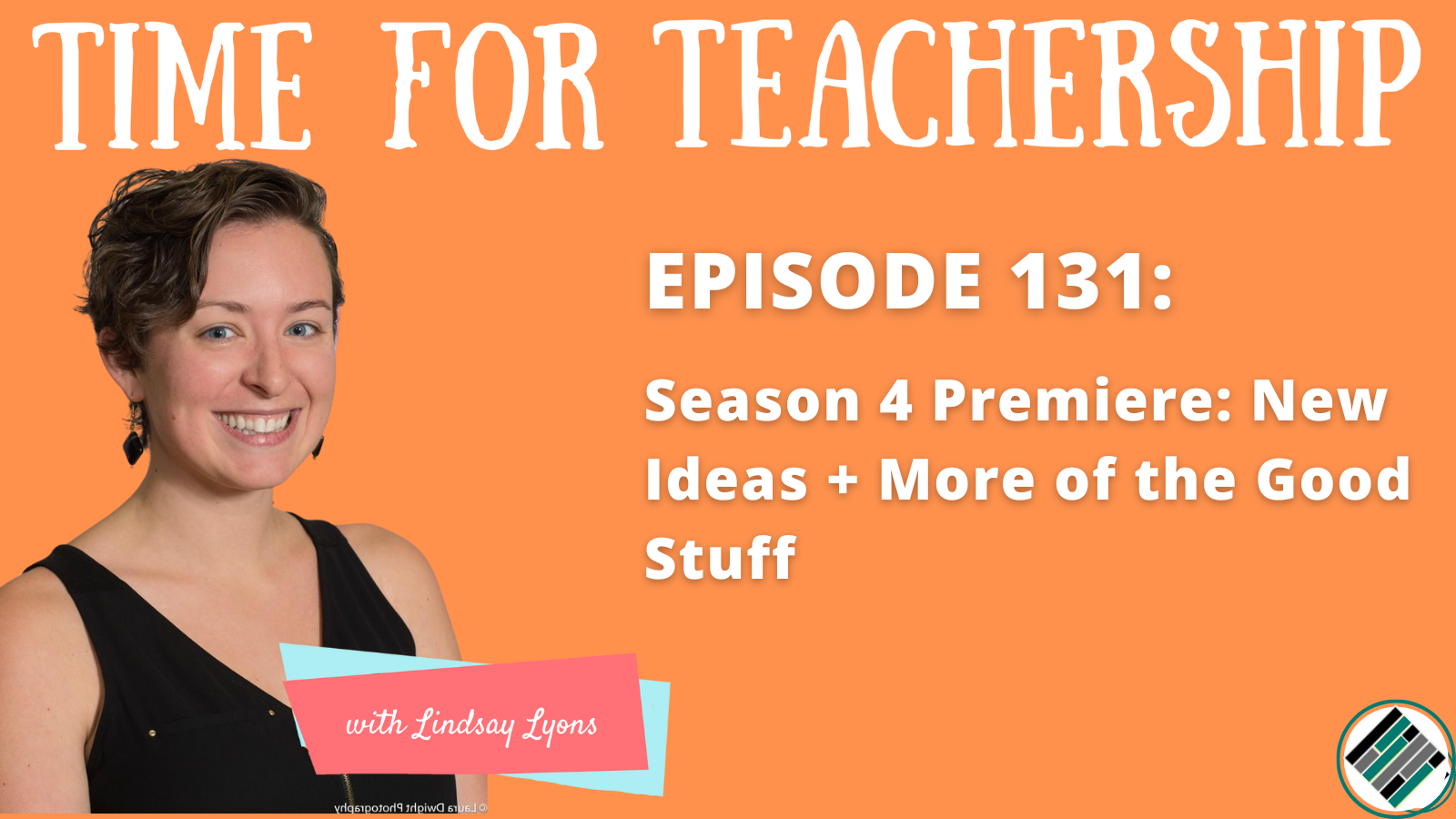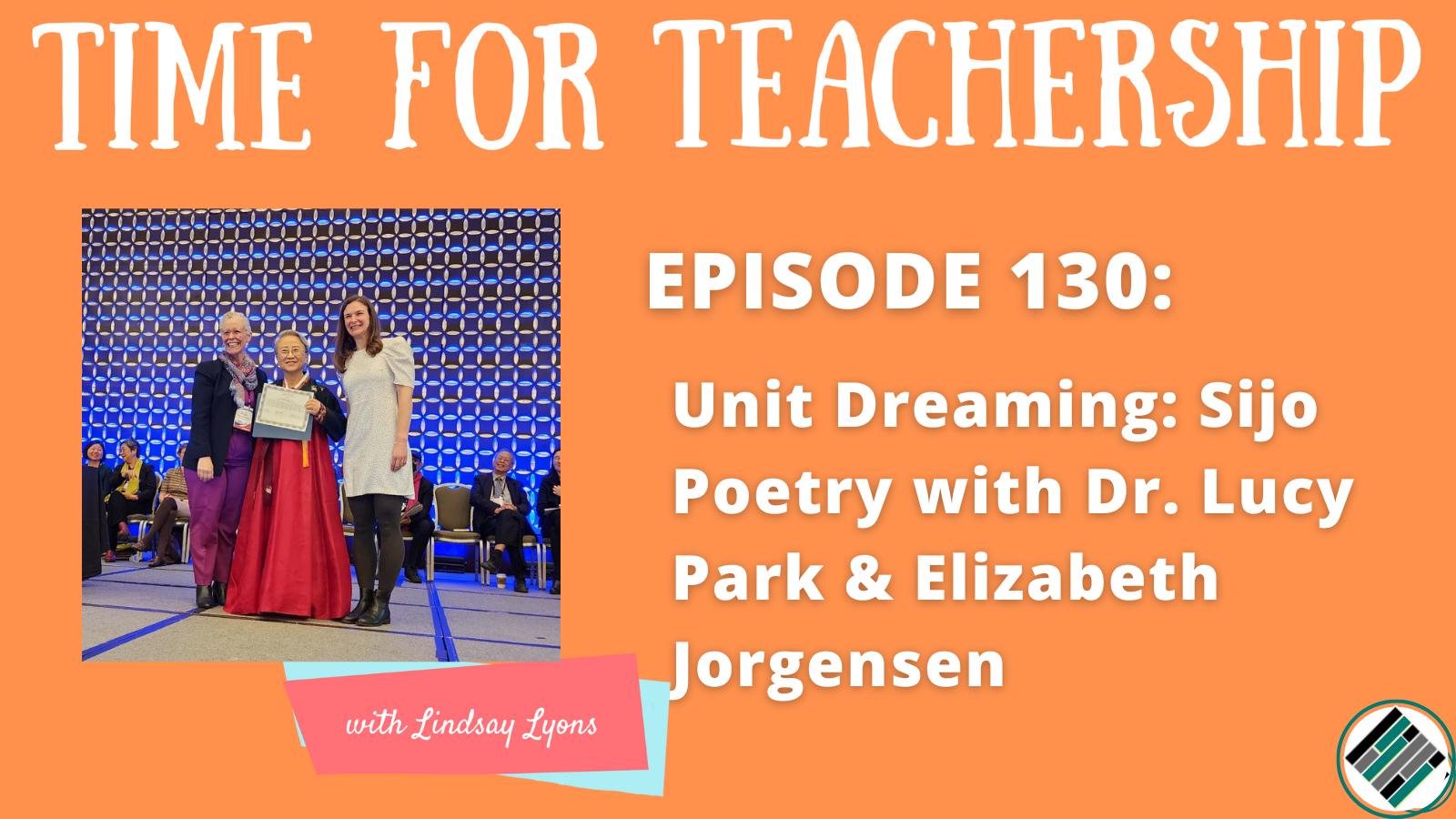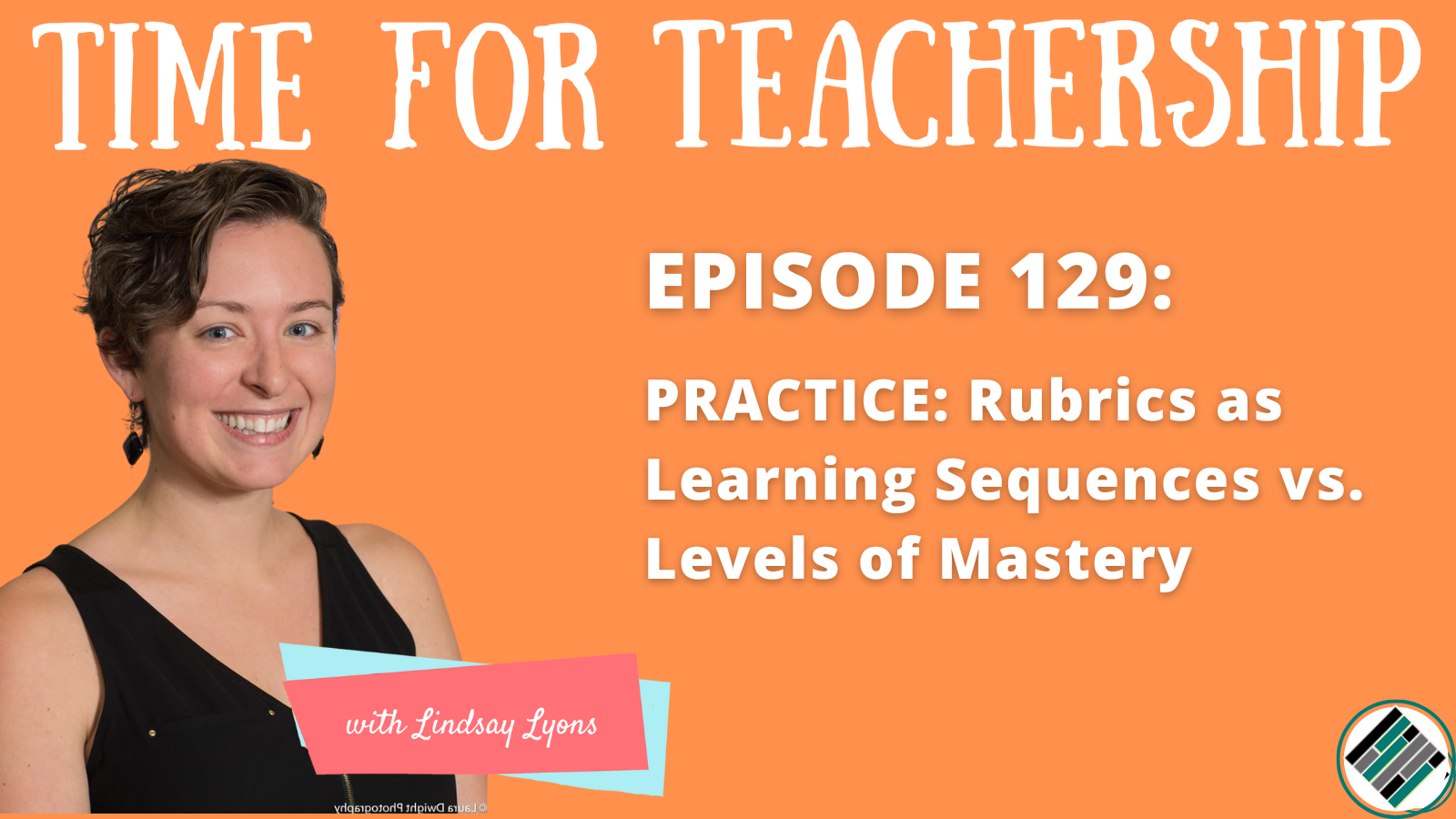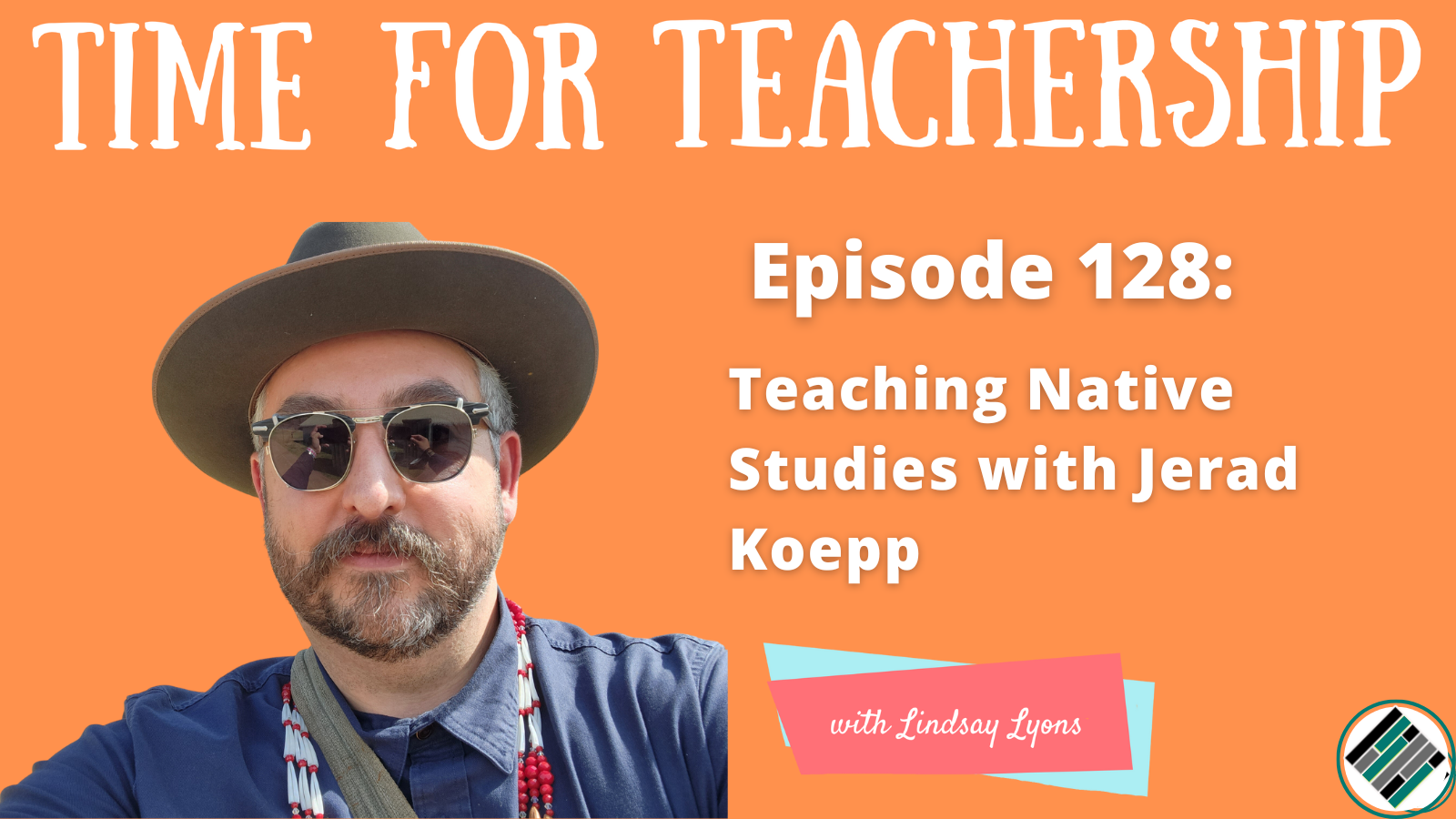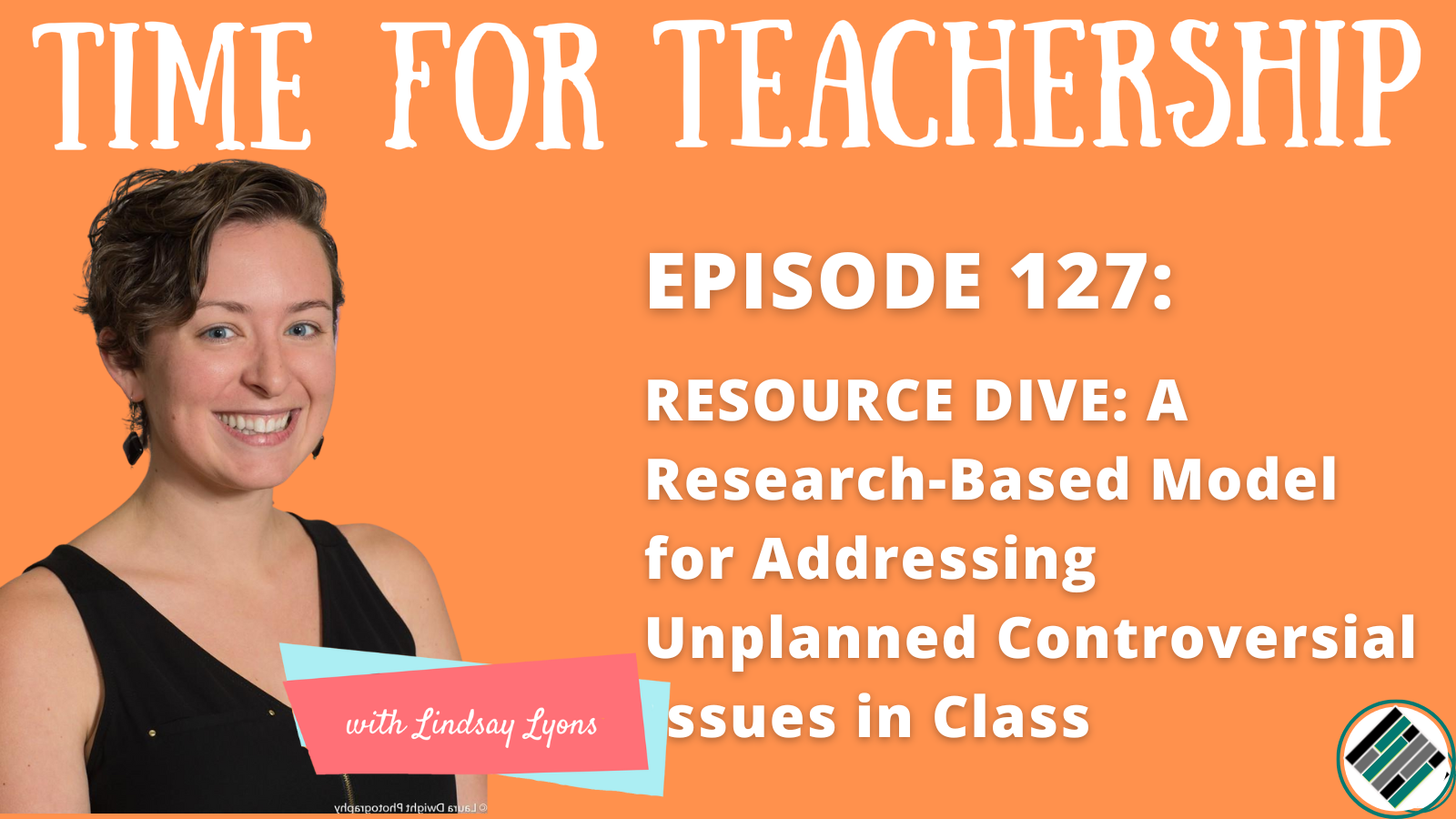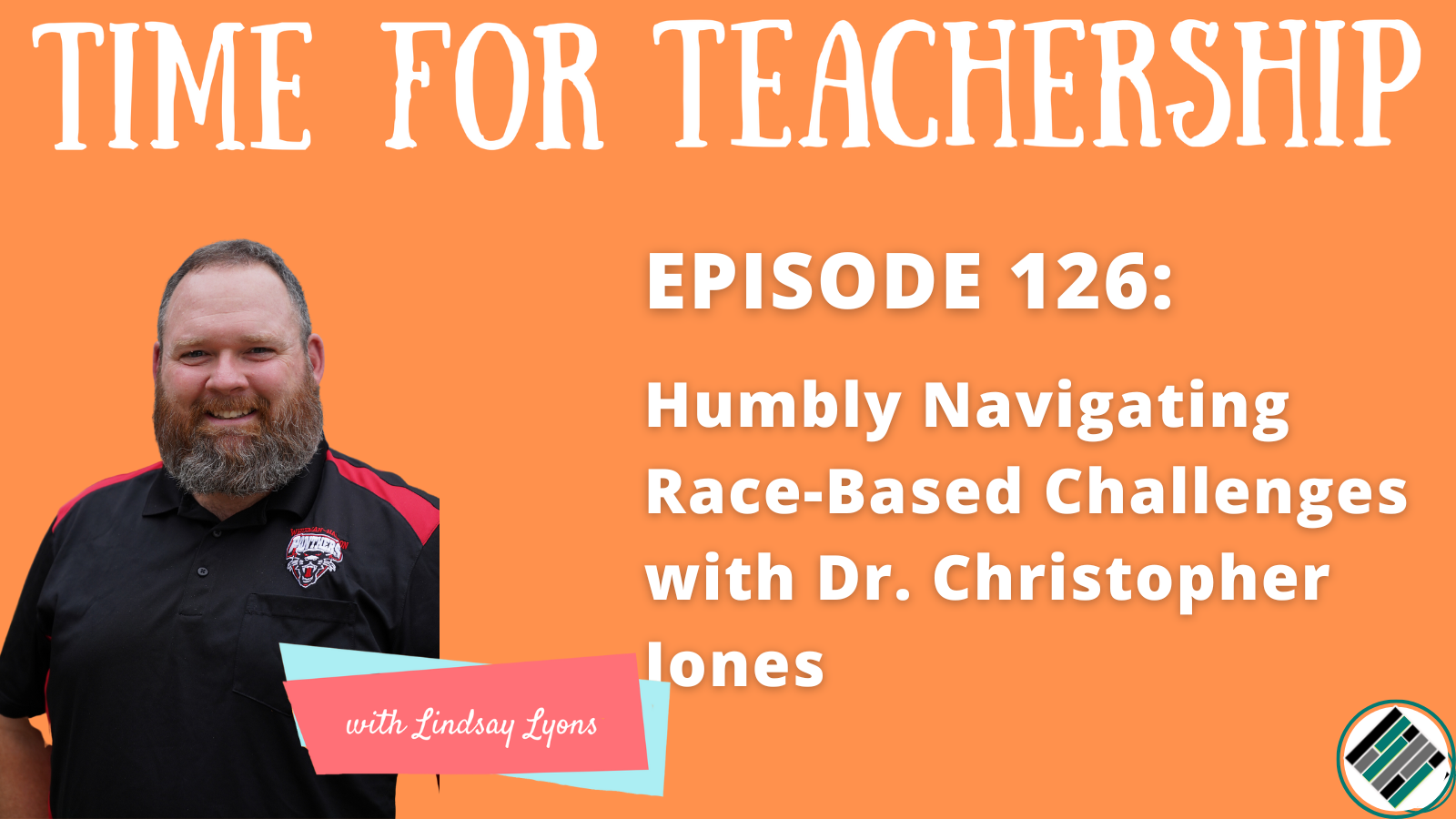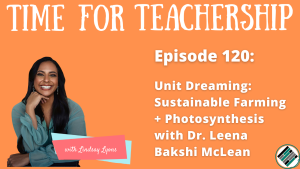
Dr. Leena Bakshi is the founder of STEM4Real, a nonprofit professional learning organization committed to combining STEM and NGSS standards-based content learning and leadership with principles of equity and social justice. It was super fun to brainstorm a justice-centered Science unit using both of our unit planning protocols!
Here’s what we came up with:
Unit Planning Step 1: Context/Spark
Real-world application: What can students do?
Food desserts during the pandemic in California.
Unit Planning Step 2: Pursuits (from Dr. Muhammad’s HILL Model)
Identity: How will our unit help students to learn something about themselves and/or about others?
Students see themselves in the lesson. Counternarratives via situations, types of farming.
Criticality: How will our unit engage students’ thinking about power and equity and the disruption of oppression?
Different communities’ levels of access to food by race, geography and income.
Joy*: How will my unit enable, amplify, and spread joy?
If the teachers aren’t having fun teaching, the students won’t be having fun. Phenomenon-based instruction inspires curiosity. Phenomenon-based instruction can happen across the content! Joy is in the possibilities of what can be!
Unit Planning Step 3: Driving Question
How do we farm so that communities of color and low-income communities have access to food?
Unit Planning Step 4: Summative Project (Publishing Opportunity and Possible Formats)
The public product can be selected by students. This might be a social media campaign, a letter to the school board, presenting at a city council meeting.
Unit Planning Step 5: Unit Arc
SHS Planning Approach:
Standard: Photosynthesis
Hook: Students look at photos of empty grocery store shelves.
Society: How are we going to farm?
5 Es Unit Arc:
Engage: Experiential, inquiry-based learning (just jump right in without vocabulary!) Show the picture(s), have students generate questions using the Question Formulation Protocol, share via a discussion protocol.
Explore: Make observations. Measure plant growth.
Explain: It doesn’t have to be teachers explaining to students. Students can explain to each other! Use a text-based protocol (e.g., video, written text, student-created model)
Elaborate: Tell counternarratives. Show examples of farmers of color and indigenous farming techniques. Align with Social Justice Standards from Learning for Justice. Look at different contexts like hydroponics.
Evaluate: Return to student-created list of questions from the start of the unit. What questions did we answer? Use Claim, Evidence, and Reasoning frame to respond to DQ. Use Circle protocol to discuss. Youth take civic action that feels authentic.
Stay Connected
You can find Dr. Bakshi McLean on www.stem4real.org and follow her organization at @stem4real on Facebook, Instagram and Twitter.
To help you design and implement your own amazing unit, Dr. Bakshi McLean is sharing her Lesson Planning Tools with you for free. And, if you’re looking for more details on the ideas in this blog post, listen to episode 120 of the Time for Teachership podcast. If you’re unable to listen or you prefer to read the full episode, you can find the transcript here.
Quotes:
- “Our students…as babies…are so curious…they’re asking “Why? Why” and then we lose that somewhere….Regardless of discipline, we want to get that curiosity back….I think you can have phenomenon-based instruction across the content.”
- “ABC: Activity Before Content. We want to plan these learning activities before the formal explanations. I urge teachers to try it out…This type of learning really engages learners that have typically not shown success in the standard learning environment.”
- “We connect Evaluate [from the 5 Es framework] to youth and civic action…that truly feels authentic.”

